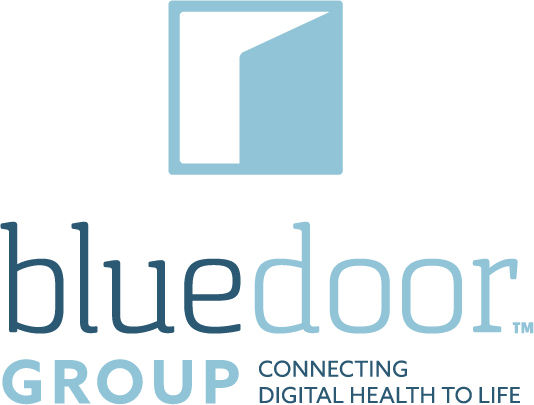By Christina Farr & Jordan Novet | Nov 23, 2017
- AWS and Cerner plan to announce a deeper partnership at AWS re:Invent next week.
- The talks between the two companies are in the late stages, sources say.
- The deal would help AWS push more deeply into health care.
Amazon’s cloud business, in its march toward $20 billion in annual revenue, has nabbed top clients in areas ranging from energy and technology to financial services and government.
Heading into its annual re:Invent conference in Las Vegas next week, Amazon Web Services has found a partner to help the company crack a massive industry that’s been slower to adopt the cloud: health care.
As part of his keynote at re:Invent, AWS CEO Andy Jassy is planning to announce that Amazon is teaming up with Cerner, one of the world’s largest health technology companies, to help health-care providers better use their data to make health predictions about patient populations, according to sources familiar with the matter.
The sources, who asked not to be named because the discussions are still in the final stages, said the partnership is initially focused on Cerner’s so-called population health product — HealtheIntent — which enables hospitals to gather and analyze huge volumes of clinical data to improve patients’ health outcomes and lower treatment costs.
Cerner did not provide a comment for this story, and AWS representatives didn’t respond to requests for comment.
In addition to its health investments, AWS has sought to expand its push into the public sector. Earlier this week it announced plans for a group of cloud data centers for the CIA and other U.S. intelligence community members.
‘Taking them seriously’
Relative to most industries, hospitals and other health providers have resisted the shift from traditional data centers to the cloud because of security concerns around sensitive health information and the strict federal rules that govern how that data is stored and shared.
In recent years, the leading cloud infrastructure providers have all invested in recruiting health experts. And AWS has taken steps to protect health information so that its services can meet the requirements of the Health Insurance Portability and Accountability Act, or HIPAA.
“Health-care players are taking them seriously and (are) willing to work with them,” said Jonathan Hirsch, co-founder of Syapse, a health technology start-up that specializes in cancer care.
Hirsch wasn’t aware of the partnership but said a deal with Cerner would be “a major vote of confidence” for AWS.
Microsoft, whose Azure cloud is second in market share to AWS, recently rejiggered its sales organization to focus more on six industries, including health care. The website for Google’s cloud highlights some health-care customers, including contractor Northrop Grumman and the National Institute on Aging.
It’s not the first time that AWS and Cerner have joined forces. At re:Invent last year, a Cerner vice president gave a 47-minute presentation on HealtheIntent’s use of AWS for storage, compute, networking and databases and for “on-demand disaster recovery.”
What the companies are set to unveil now is potentially much more significant, because it gives big medical institutions access to the HealtheIntent analytics engine at AWS speed and scale and with additional artificial intelligence technologies. For example, a hospital that wants to analyze the likely outcome of a group of people in Australia could quickly set up a HealtheIntent project because AWS has locations across the Asia-Pacific region.
In addition to pulling in electronic medical records, HealtheIntent accesses data sources like prescription information and insurance claims. From there, it can make recommendations to health providers for things like matching patients to the right medications or identifying people that are at the highest risk.
Arien Malec, senior vice president of research and development at Change Healthcare, said Cerner provides a “source of comfort” to potential customers in the industry. Cerner generates about $5 billion in annual sales, controls a quarter of the electronic medical records market and is working to help modernize the health records systems of organizations as vast as the Department of Defense.
Change is a health technology business that also works with AWS. Other clients include the Cleveland Clinic and MedStar Health, a nonprofit health-care system.
AWS fetched Amazon $1.17 billion in operating income and $4.58 billion in revenue in the third quarter and analysts project sales of almost $5 billion in the fourth quarter.













